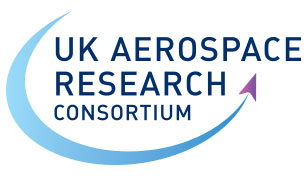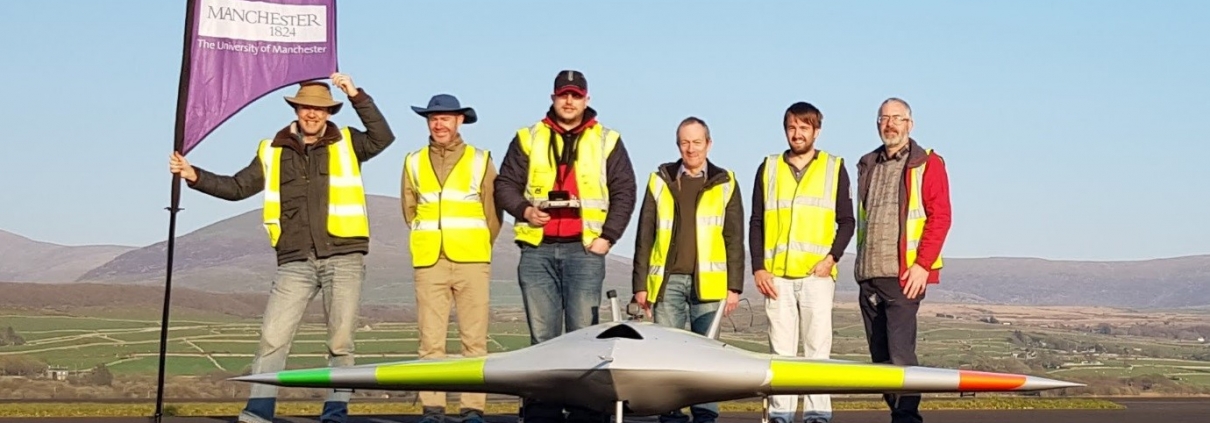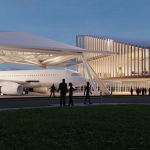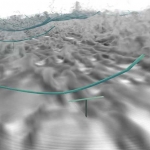The MAGMA project is a collaboration between the University of Manchester and BAE Systems with the goal of developing and demonstrating novel flight control effectors for aircraft. The project recently achieved an aerospace first in completing a fully controlled circuit using fluidic controls only (no moving surfaces).
Bill Crowther, senior academic and leader of the MAGMA project at the University of Manchester, said: “We are excited to have been part of a long-standing effort to change the way in which aircraft can be controlled, going all the way back to the invention of wing warping by the Wright brothers. It has been a great project for students to be part of, highlighting that real innovation in engineering is more about finding practical solutions to many hundreds of small technical challenges than having single moments of inspiration. The partnership with BAE Systems has allowed us the freedom as a university to focus on research adventure, with BAE providing the pathway to industrial application.
“We made our first fluidic thrust vectoring nozzle from glued together bits of plastic and tested it on a hair drier fan nearly 20 years ago. Today, BAE is 3D printing our components out of titanium and we are flight testing them on the back of a jet engine in an aircraft designed and built by the project team. It doesn’t get much better than that.”
Watch a video of conventional controlled MAGMA variant flight trials and fluidic MAGMA variant flight trials




Leave a Reply
Want to join the discussion?Feel free to contribute!